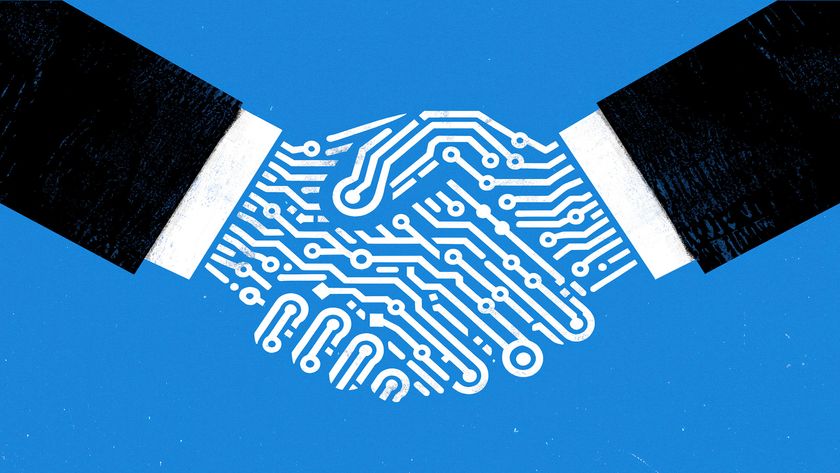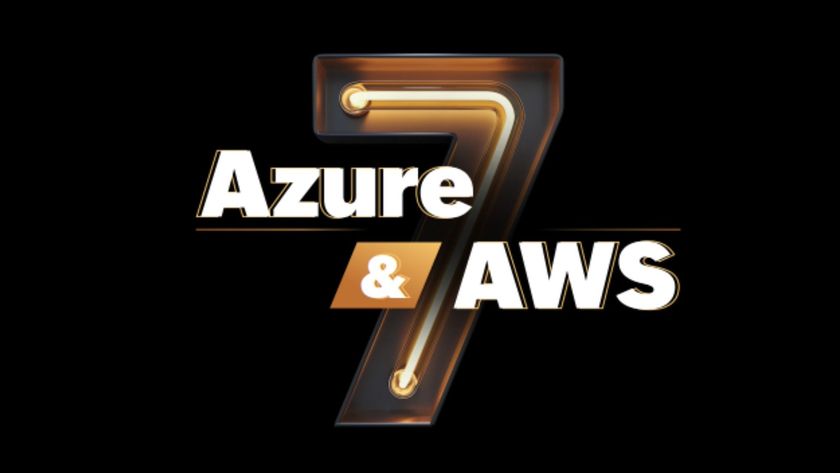The trials and tribulations of social networking
As a business, you may be examining how to take advantage of social networking sites. Before you leap into the fray, take heed of the mistakes others have made before you.
Not matter how clear it was to both Chambers himself and many of those around him that it was a joke, Twitter can be taken a lot more seriously than people realise and at the rate in which tweets go viral, it can be impossible to stop the hysteria that may follow.
Employee abuse
Both McCarthy and Chambers may not have realised the impact of their tweets, but some people know exactly what they are doing when they take advantage of access to social networks.
Back in February, Vodafone had to apologise profusely and suspend a member of its staff after they logged into the UK's official Vodafone Twitter feed and posted an obscene tweet if you want to see what exactly it was they wrote, click here.
Within a matter of minutes the message had been retweeted hundreds of times and, even when Vodafone had deleted it, the retweeting continued.
Then there are those who enjoy winding others up over social networks, despite what it means from a company perspective, as well.
During the ongoing battle between British Airways (BA) and its air cabin crew, one of the Unite Union's leaders, Derek Simpson, used Twitter to wind up his enemy.
Get the ITPro. daily newsletter
Sign up today and you will receive a free copy of our Focus Report 2025 - the leading guidance on AI, cybersecurity and other IT challenges as per 700+ senior executives
He posted several tweets updating his members about ongoing talks between himself and BA boss Willie Walsh, which lead to the latter angrily hitting back.
Walsh told the Andrew Marr show, on the BBC, he was "shocked and angry."
"Sending out his version of events to the wider audience, that really did undermine my confidence in his desire to resolve this situation," he said. "It is a really serious issue."
Security holes
It is not just all about human error though, and a number of social networks hold more risks from the wider world.
Back in February, candidate for the Labour leadership, Ed Miliband, got hit by a phishing attack on Twitter.
The "This You????" attack led to a large number of unsuspecting users clicking on dangerous links enabling hackers to retrieve their logins.
Miliband was one of those and as a result his Twitter feed has some uncharacteristic tweets posted such as "Hhey, i've been having better sex and longer with this here," which is not a great thing to be linked to a prospective leader of one of the county's most dominant political parties.
But these attacks aren't just limited to Twitter. Conservative MP Therese Coffey, had her Twitter, Facebook and blog accounts hacked and covered with offensive remarks regarding Prime Minister David Cameron's wife.
In an interview with our sister title PC PRO, Coffey admitted it may have been her lack of awareness that led to the attack.
"Someone got into my email account and I don't really know how that happened," she said.
"I might have been sloppy on a shared computer, or they might have guessed it. Either way it has made me a lot more alert. I guess they got into the other accounts via information in the email account."
Jennifer Scott is a former freelance journalist and currently political reporter for Sky News. She has a varied writing history, having started her career at Dennis Publishing, working in various roles across its business technology titles, including ITPro. Jennifer has specialised in a number of areas over the years and has produced a wealth of content for ITPro, focusing largely on data storage, networking, cloud computing, and telecommunications.
Most recently Jennifer has turned her skills to the political sphere and broadcast journalism, where she has worked for the BBC as a political reporter, before moving to Sky News.
















